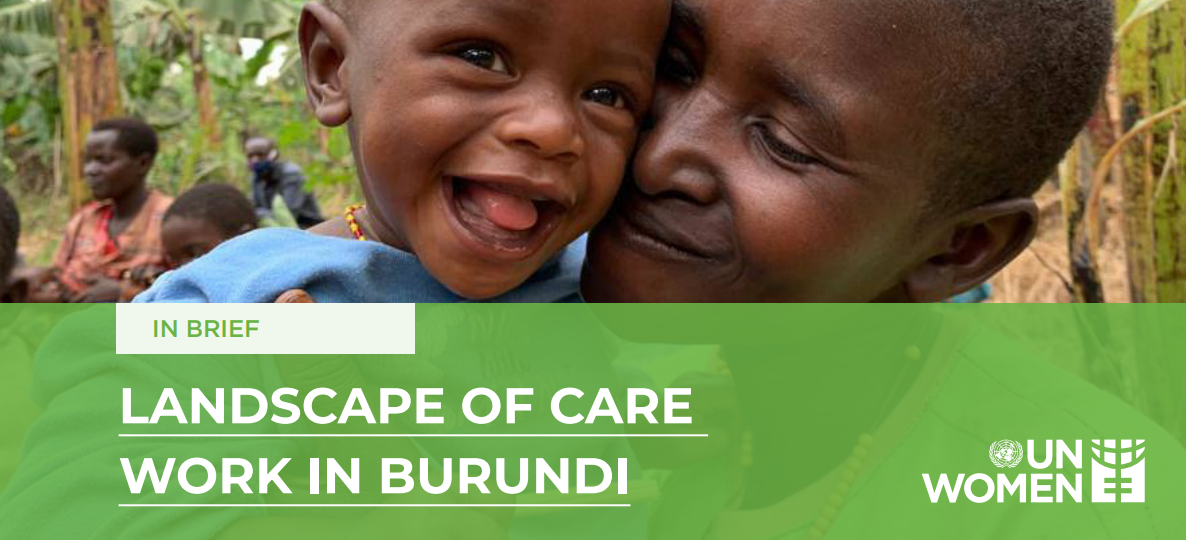
Landscape of Care Work in East and Southern Africa

Within the 2030 Agenda for Sustainable Development, adopted by world leaders in 2015, Sustainable Development Goal (SDG) 5 aims to achieve Gender Equality. SDG 5.4 specifically addresses the care agenda, highlighting the importance of recognizing and valuing unpaid care and domestic work. Care work includes a wide range of paid and unpaid activities that provide care, support, and assistance to individuals, households, and communities, serving as an essential public good that benefits society. It is crucial for realizing all human rights and enhancing human capabilities. In the East and Southern Africa (ESA) region, care work is disproportionately performed by women and girls, mirroring global trends. The purpose of these briefs is to provide an overview of the extent of care work and care needs in relation to existing care services, systems, policies, and infrastructure in selected ESA countries. By gathering data from nine countries—Burundi, Ethiopia, Malawi, Mozambique, Somalia, Sudan, South Sudan, Uganda, and Zimbabwe—this rapid snapshot reveals a complex landscape shaped by factors such as conflict, climate change, and economic challenges. Households, particularly women and girls, shoulder a disproportionate responsibility of unpaid care work. While the care sector is a significant source of employment for women, it remains relatively small compared to the care needs in the region. Despite evidence from legislation, policies, programmatic initiatives, and the social organization of care work, it has yet to become a policy priority in the region.